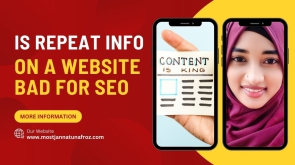In the competitive world of digital marketing, every business aims to achieve top search engine rankings to attract more visitors and convert them into customers. One key component of optimizing a site for search engines is ensuring high-quality, un ...

